The foreign ministers have reached an agreement on a €3.5-billion increase in the European Peace Facility's extra-budgetary fund, but the Hungarian government only gave its approval after receiving legal guarantees to keep the “global nature” of this fund, the minister said in a press briefing during a break in the meeting of the EU Foreign Affairs Council.
This means that the bloc will provide support to Western Balkan and African countries from this extra-budgetary fund so that stability in those regions can be maintained and new migratory waves posing a security risk could be prevented, he stated.
In connection with that, he pointed out that the European Peace Facility had been getting depleted, as some €6 billion had already been transferred to partially finance arms shipments to Ukraine. Hungary strongly objects to this shift of focus, as the original aim of the facility was to support maintaining stability in several parts of the world, thus alleviating security threats to the continent.
So, for example, the European Union originally intended to give aid to Africa and the Sahel, and even to the Western Balkans to maintain be peace, calm and security in those regions, so that we could curb the migration flows from there.
he said.
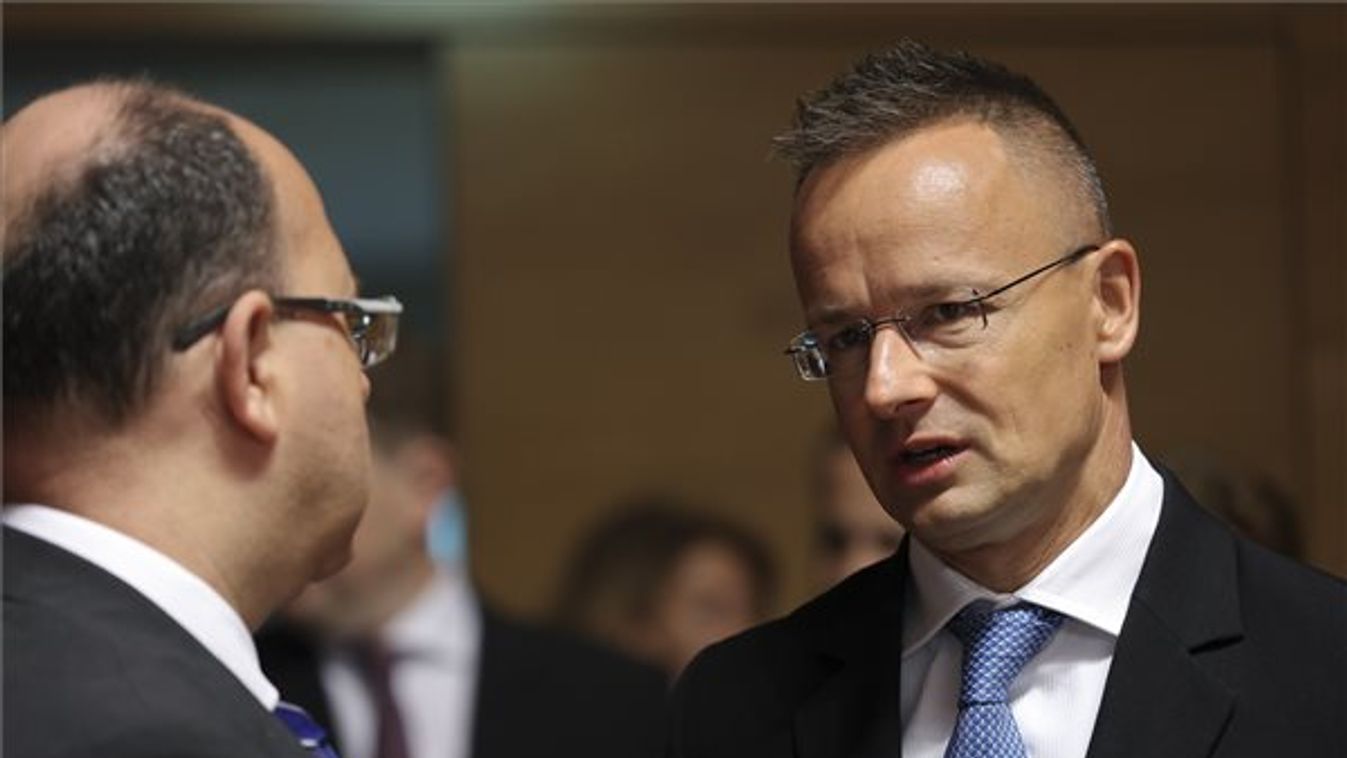





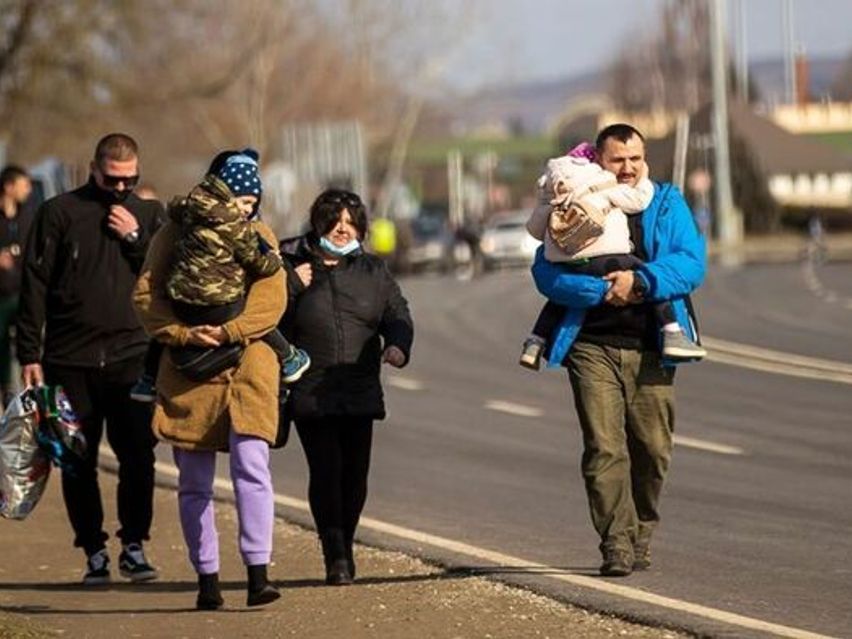
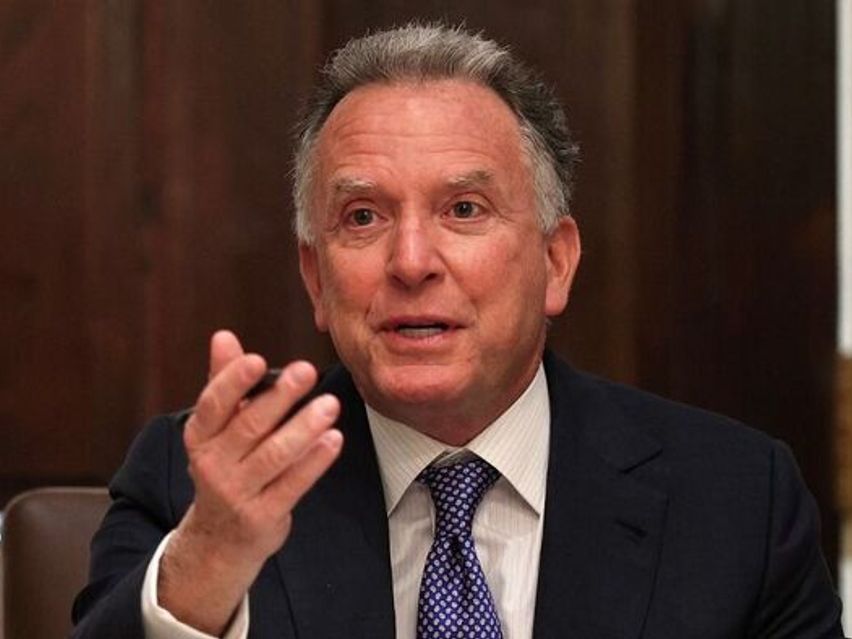

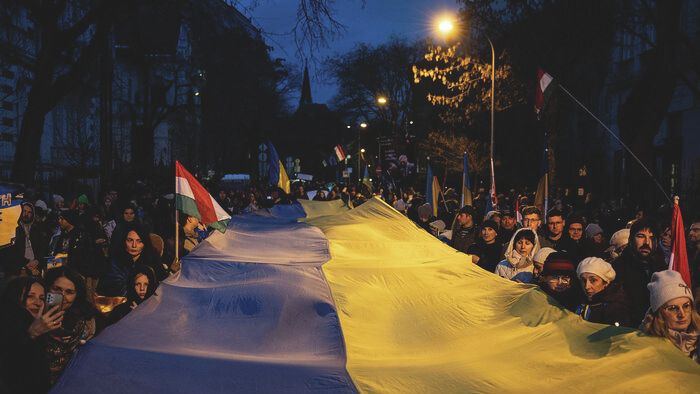

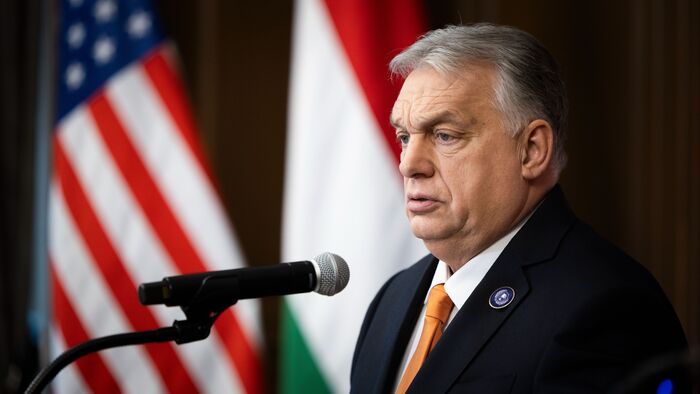

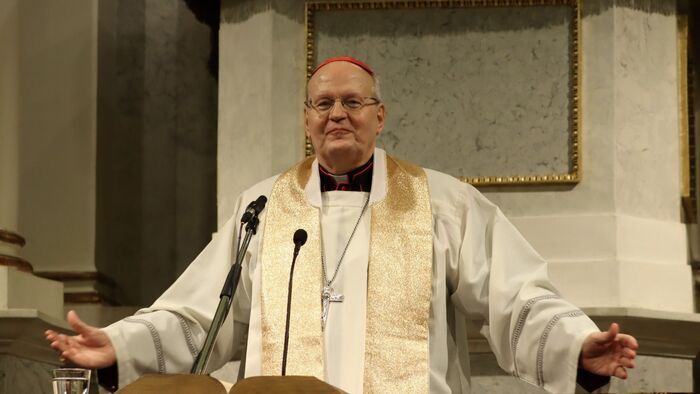

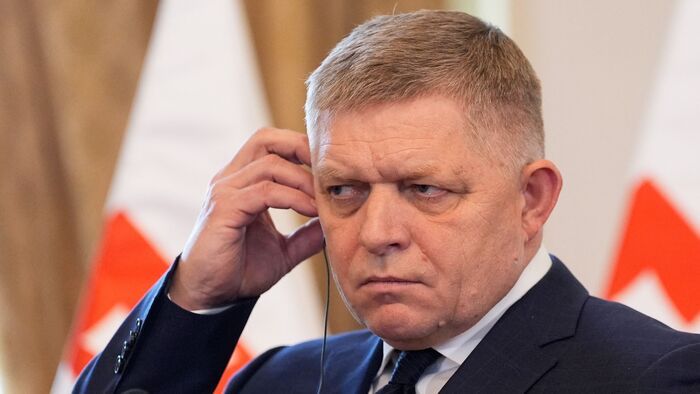

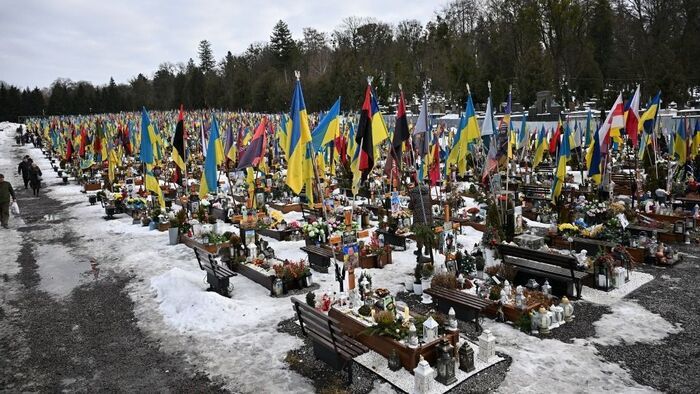


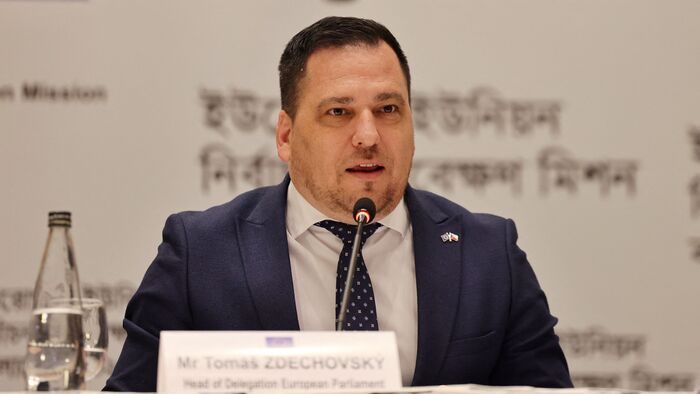
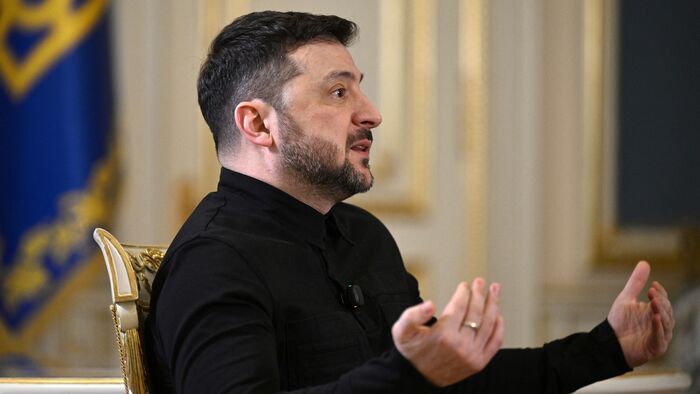

Szóljon hozzá!
Jelenleg csak a hozzászólások egy kis részét látja. Hozzászóláshoz és a további kommentek megtekintéséhez lépjen be, vagy regisztráljon!